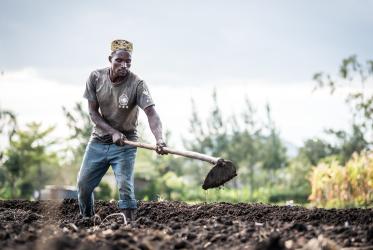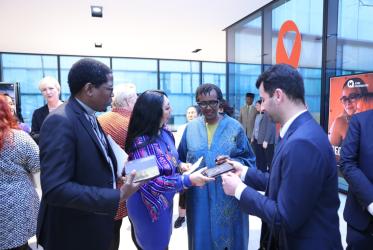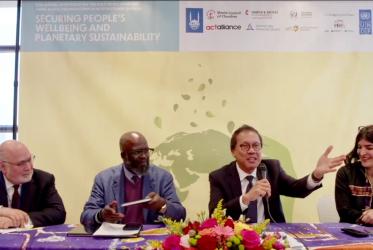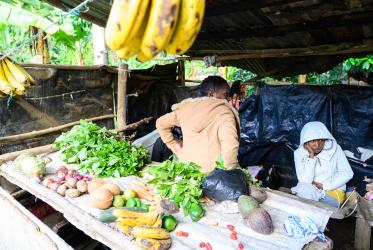Lessons Learnt from Strategic Engagement in India, Dominican Republic, Indonesia, and Jamaica
This booklet highlights the lessons learnt in a project, Strategic Engagement of Civil Society Networks and Faith Actors in the HIV Response in Four Countries, implemented by the World Council of Churches (WCC), with the support of the Joint United Nations Program on HIV/AIDS (UNAIDS), from July to December 2022
This initiative facilitated dialogue between civil society networks, faith actors, and key national HIV stakeholders in the Dominican Republic, India, Indonesia, and Jamaica.
31 January 2023


















